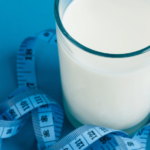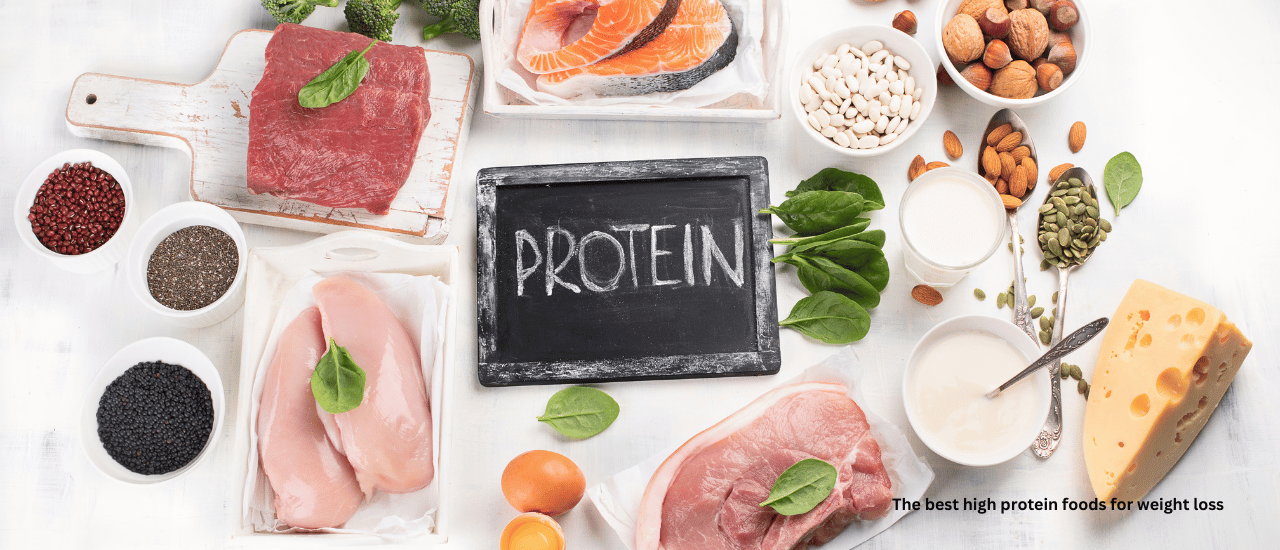Though losing 50 kg may seem like a daunting goal, it can be achieved by making diet and lifestyle adjustments. Here are 10 tips to help you lose 50 kg safely.
Losing weight is never an easy process, no matter how big or small the goal.
1. Track your calorie intake
To lose some weight, ya know, your body’s gotta burn more calories than you’re munching on. There’s two main ways to get that done: either eat less or move more. Keeping an eye on the calorie count of what you’re eating each day is like a cheat sheet that lets you know if you’re on the right path or if you need to tweak things a bit. It’s all about balance, buddy!
A review of 37 studies, involving more than 16,000 participants, found that weight loss programs that tracked calorie intake led to losing 3.3 kg more per year than those that didn’t. The number of calories you need daily depends on various factors, such as your starting weight, lifestyle, sex, and activity level. Use the little number cruncher right here to figure out what’s the deal with how many calories you should be munching to shed some pounds.
The two main ways folks keep tabs on their calorie count are by using an app or scribbling down their eats in a good ol’ food diary. However, tracking calories works exceptionally well when paired with healthy lifestyle modifications like eating more vegetables or exercising regularly.
Summary: Tracking your calorie intake can help you stay on track with your weight loss goal, especially when combined with a healthy diet and lifestyle changes.
2. Increase your fiber intake
Fiber is basically like the cool kid in the carb family that can totally help you shed some pounds. It’s that stuff in food that you can’t digest, but it’s still super important! It keeps you feeling full, so you don’t go all hangry and eat everything in sight. Plus, it helps keep things moving in your gut, which is always a good thing, right? So, if you want to drop a few, adding more fiber to your meals is a solid plan! Fiber slows the stomach’s rate of emptying its contents, which may help you feel full for longer. Studies have shown that fiber, especially soluble fiber, may reduce hunger hormones, like ghrelin, and increase fullness hormones, such as CCK, GLP-1, and PYY.
By curbing your hunger, fiber might just help you eat fewer calories without even trying, which could mean losing weight without breaking a sweat. For example, one review found that increasing daily fiber intake by 14 grams was linked to eating 10% fewer calories daily and a weight loss of 1.9 kg without making other lifestyle changes.
Foods high in fiber include vegetables, fruits, nuts, whole grains, and seeds. Alternatively, try a fiber supplement like glucomannan.
Summary: Fiber can help you stay full longer, which may reduce your calorie intake and aid weight loss.
3. Increase your protein intake
To lose 50 kg, increasing your protein intake is crucial. Protein-rich diets have been shown to boost metabolism, curb appetite, preserve muscle mass, and reduce harmful belly fat. Research shows that simply following a high-protein diet can help you burn an additional 80–100 calories daily.
In one study, women with excess weight whose diet included 30% protein lost 5 kg over 12 weeks, without restricting their calorie intake. Moreover, a high-protein diet may help prevent weight regain.
Choose healthy foods like meat, seafood, eggs, nuts, seeds, and legumes to increase your protein intake.
Summary: Increasing your protein intake can help boost metabolism, curb appetite, and reduce belly fat.
4. Cut back on refined carbs
Reducing refined carb intake is an effective way to lose weight. Refined carbs, also called simple carbs, are sugars and refined grains stripped of nutrients and fiber during processing. Common sources include white bread, flour, pasta, sweets, and pastries.
Refined carbs tend to have a high glycemic index, meaning they’re digested quickly, causing spikes and dips in blood sugar. This can totally make you want to munch on more stuff than you usually do.Studies have linked higher refined carb intake to increased visceral fat, a type of fat associated with a higher risk of chronic diseases.
Swap refined carbs for whole grains like brown rice, quinoa, and whole-grain bread.
Summary: Choosing whole grains over refined carbs can help reduce calorie intake and aid weight loss.
5. Hold yourself accountable
With a big goal like losing 50 kg, willpower alone isn’t always enough. Accountability is crucial to staying on track. Weighing yourself more frequently has been linked to greater weight loss and weight maintenance. You can also keep a food journal to track your intake or partner with a friend who has
similar goals.
Summary: Staying accountable can help you achieve weight loss. Regular weigh-ins, keeping a food journal, and having an accountability partner can aid your progress.
6. Fill up on vegetables
Vegetables are not only healthy but also help with weight loss. They are high in fiber, which can slow stomach emptying, helping you feel full longer. Vegetables also have a high water content, making them low in calories.
Choosing low-energy-density foods like vegetables over refined carbs allows you to eat the same quantity of food while reducing calorie intake. Research shows that adults who eat vegetables more frequently tend to weigh less.
Summary: Vegetables are high in fiber and low in calories, making them a great addition to a weight-loss diet.
7. Do more cardio
Exercise is essential for losing significant weight. Cardio, or aerobic exercise, is a popular activity for burning calories and promoting heart health. Research has shown that cardio alone can lead to fat loss. For example, one study found that participants who did 400-600 calories worth of cardio 5 times per week for 10 months lost an average of 3.9–5.2 kg.
If you’re new to cardio, start by walking more frequently, then gradually progress to jogging or running.
Summary: Cardio helps burn calories and fat, aiding weight loss.
8. Try resistance training
Resistance training, or weight lifting, helps with weight loss by increasing muscle strength and endurance. It also boosts metabolism, causing your body to burn more calories at rest. For example, a study found that 9 months of weight lifting increased calorie burning at rest by 5%.
If you’re new to the gym, consider hiring a trainer to help you use the equipment correctly.
Summary: Resistance training helps preserve muscle mass and may boost metabolism, aiding weight loss.
9. Practice mindful eating
Mindful eating involves being present when eating and focusing on physical and psychological hunger signals. Practices like eating slowly and avoiding distractions can help you eat less while feeling fuller.
Research shows that mindfulness during meals can help with weight loss by reducing overeating.
Summary: Mindful eating can help reduce calorie intake and promote weight loss.
10. Consult a dietitian
For a goal as significant as losing 50 kg, it’s helpful to seek support from a dietitian. Studies show that working with a dietitian can lead to more successful weight loss and help you maintain it.
A dietitian is especially helpful if you have a complex medical condition, as they can ensure you lose weight safely.
Summary: A dietitian can guide you through your weight loss journey and help ensure safe and sustainable progress.




